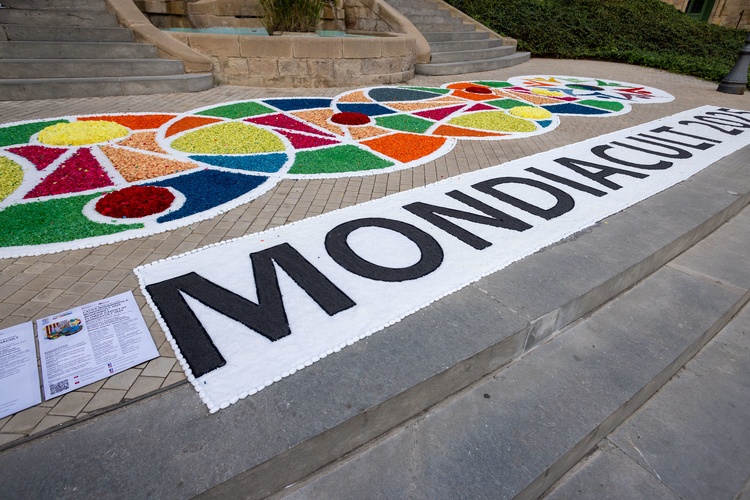
LAC Researchers Contribute to UNESCO’s First Global Report on Cultural Policy
From 29 September to 1 October, the world’s largest cultural policy conference "Mondiacult 2025" took place in Barcelona, Spain, and online, where UNESCO presented its first Global Report on Cultural Policy – "Culture: The Missing Goal for Sustainable Development". The report was prepared with the contribution of dozens of experts and advisors worldwide, among them Anita Vaivade and Baiba Tjarve from the Latvian Academy of Culture (LAC), representing the UNESCO Chair on Intangible Cultural Heritage Policy and Law. They provided expert input for the chapter "Ensuring Cultural Rights".
The report brings together the latest data, figures, and analysis on the cultural sector – from heritage and creativity to cities and digital technologies. Resulting from three years of work, it highlights culture’s unrevealed potential in building a sustainable, inclusive, and fairer future. Special attention is given to issues such as cultural rights, the use of digital technologies, cultural and arts education, strengthening cultural economy ecosystems, culture in the context of climate change, the protection of artists and endangered cultures, and recognizing culture as a standalone Sustainable Development Goal.
"Mondiacult 2025" conference brought together thousands of participants from around the world – ministers, delegates, and experts – to shape the global cultural agenda. Central to this year’s discussions were the prospects of establishing culture as a separate goal in future UN development frameworks, promoting cultural rights, and addressing emerging challenges such as the intersection of culture and artificial intelligence.
Read the report here: [UNESCO Global Report 2025]
Earlier this spring, UNESCO invited experts and scholars from universities hosting UNESCO Chairs to participate in an international competition to contribute to the preparation of the first Global Report on Cultural Policy. A total of 71 applications from 39 countries were received. After a rigorous selection process, only seven Chairs were chosen to provide support to the report’s chapter authors – including the LAC UNESCO Chair on Intangible Cultural Heritage Policy and Law.
Photo: UNESCO

